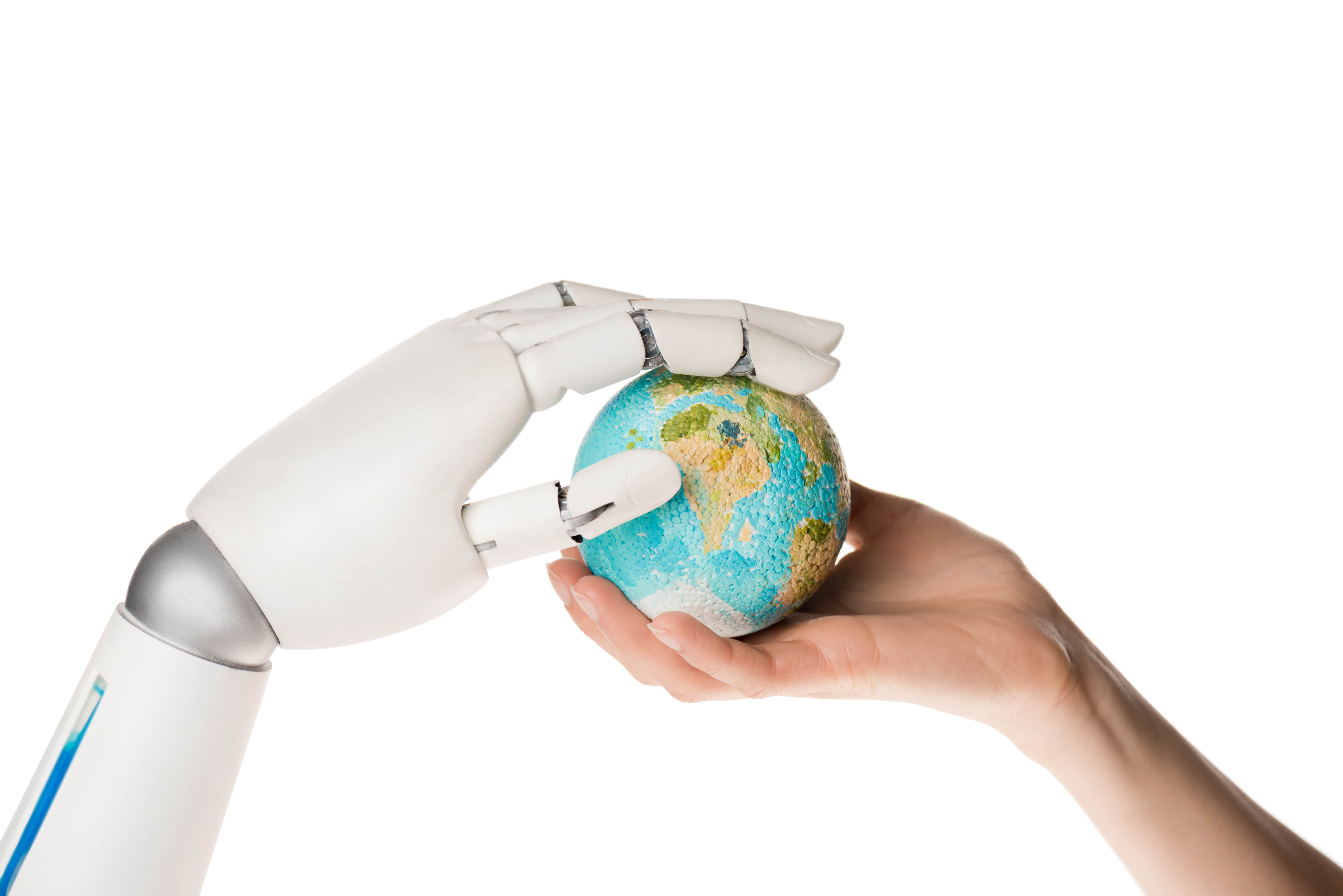

Writing About AI
Uvation
Reen Singh is an engineer and a technologist with a diverse background spanning software, hardware, aerospace, defense, and cybersecurity. As CTO at Uvation, he leverages his extensive experience to lead the company’s technological innovation and development.

The fundamental connection lies in AI’s ability to process vast amounts of data and identify complex patterns, which can then be used to optimise and accelerate clean technology solutions. This synergy is crucial for achieving a sustainable future as AI can enhance the efficiency and effectiveness of clean technologies, driving a sustainable revolution that benefits both the environment and the economy. It helps to overcome pressing environmental challenges by optimising renewable energy, revolutionising waste management, and advancing sustainable agriculture.
In renewable energy, AI is optimising solar and wind farms, developing advanced energy storage solutions, and analysing datasets to predict energy demand. This allows grid operators to balance supply and demand more efficiently and integrates renewable sources into existing power grids, ensuring stability. For energy efficiency, AI powers smart grids and building management systems, conducts AI-driven energy audits to identify inefficient areas and recommend upgrades, and optimises industrial processes to reduce consumption and waste.
AI is revolutionising waste management by improving sorting and recycling processes, and by extending its impact to waste reduction. It analyses consumer behaviour and product lifecycles to help businesses design products with minimal waste and optimise packaging. Additionally, AI-powered systems predict waste generation patterns to optimise collection routes and disposal methods. In sustainable agriculture, AI goes beyond precision farming by developing sustainable practices like AI-powered crop rotation planning to optimise soil health and reduce chemical fertiliser needs. It also contributes to the development of alternative protein sources, such as plant-based and cultured meat, to reduce the environmental impact of livestock production.
Beyond direct applications, AI contributes to a clean economy through several broader roles:
Several leading companies are demonstrating AI-driven clean tech innovations:
Looking ahead, the future of AI and clean tech is promising:
Sustainability is a critical consideration in modern innovation because as the global population grows and resource demands increase, it is imperative to develop technologies that minimise environmental impact. Clean tech and AI are central to this effort by providing solutions that promote efficient resource use, reduce waste, and mitigate climate change. They offer the tools to address the pressing need for environmental responsibility in technological advancement.
The transformative potential of AI in clean tech is immense, as it enhances the efficiency and effectiveness of clean technologies, driving a sustainable revolution that benefits both the environment and the economy. From optimising renewable energy systems to improving waste management and advancing sustainable agriculture, AI is at the forefront of sustainable innovation. The call to action for individuals and organisations is to support and engage with sustainable innovations. By staying informed about the latest advancements in AI and clean tech, embracing these technologies, and advocating for their adoption, we can contribute to a more sustainable future and ensure a healthier planet for future generations.
We are writing frequenly. Don’t miss that.

Unregistered User
It seems you are not registered on this platform. Sign up in order to submit a comment.
Sign up now